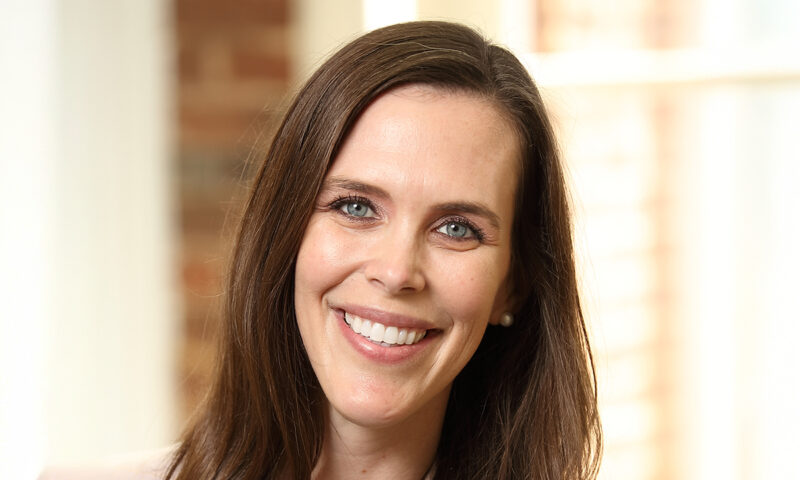The American Marketing Association (AMA) recently named McIntire School of Commerce Professor Jeffrey Boichuk and his team the winners of the 2020 AMA Sales SIG Excellence in Research Award for their article “Managing Laggards: The Importance of a Deep Sales Bench,” published in the Journal of Marketing Research.
Written with Raghu Bommaraju of the Indian School of Business, Michael Ahearne of the University of Houston, Florian Kraus of the University of Mannheim, and Thomas Steenburgh of UVA’s Darden School of Business, their work was recognized as a significant contribution to the sales discipline during the previous year. Boichuk’s team was acknowledged during AMA’s online Summer Academic Conference.
The research studies the challenges companies face in motivating underperforming salespeople with contests and bonuses, as well as associated costs of finding and training new hires, which causes frontline managers to resist firing those who lag behind on sales teams.
Persuasion by Substitution
For their field study, Boichuk and his team worked with a Fortune 500 company that sells cleaning supplies to the restaurant and hospitality industry and measured the effect of a company initiative termed the “bench program”: It involved telling salespeople that a trainee would replace them at the end of the year if they failed to hit their quota and placed last in their district.
Boichuk explains that the bench program is more than a threat to fire last-place, non-quota-attaining salespeople, because it specifies that replacements will be hired and trained proactively. This detail ensures that trainees will quickly be capable of assuming salespeople’s territories—an important point, as replacing salespeople in most companies is a lengthy, reactive process.
“Our analysis shows that the bench program had a positive effect on salesperson performance,” Boichuk says. “Immediately, salespeople in the bench program began performing about four percentage points higher than comparable salespeople in the control condition, whose performance did not change after the bench program was instituted. This effect was significantly greater for lower performers and salespeople with large advice networks.”
Results from Removal
Though the company discontinued the bench program after a year, as they were concerned it would adversely affect its culture, its removal gave Boichuk’s team the opportunity to examine performances after the threat of punishment had been eliminated.
The result? Poor salespeople had worse numbers than ever.
“Further, in districts that lost a salesperson central to their advice network,” Boichuk notes, “performance decreased significantly more than it did in districts that lost a less central salesperson.”
Boichuk says that the most enjoyable part of collaborating on the research came from “learning and implementing the matching and difference-in-differences methods that we used to analyze the field data that we collected in collaboration with a Fortune 500 company. It was also fascinating to see a threat of punishment perform so impactfully and to theorize why sticks operate in such a manner.”
He also believes that the journal’s input throughout the creation of the article helped to better the finished product that was ultimately recognized by the AMA. “The review process at the Journal of Marketing Research for this paper was beneficial, as the paper improved with each round of review. I’m grateful to the editor, associate editor, and anonymous reviewers for their service to the field.”
Though Boichuk is not currently focused on the sales bench topic in his research, he says that he is employing many of the same methods used in the award-winning research to estimate the effect of the B Corp Certification on organizations’ search interest.
“This project similarly uses field data and analyzes the effect of a change in a company’s operations over time.”



